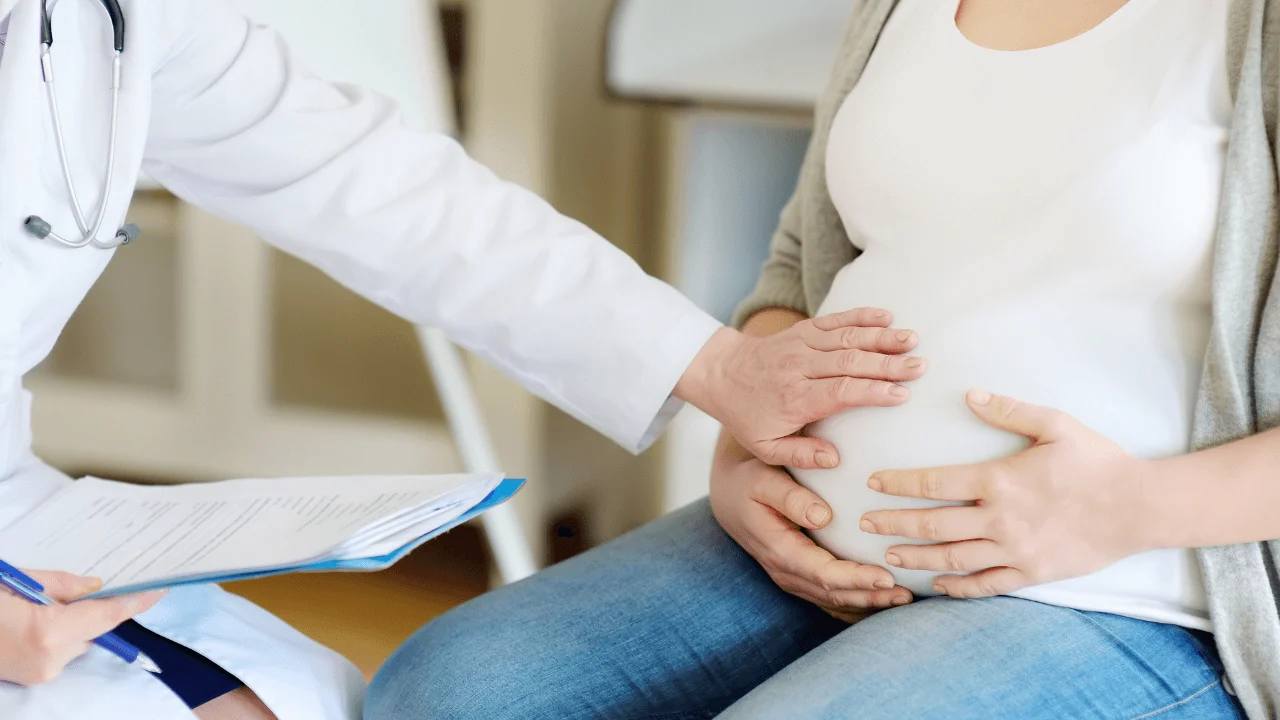
NSW Birth Trauma Inquiry continues to hear accounts of obstetric violence in its 4th hearing – Part 1
Published on January 12, 2024 by Hannah Duque and Julia Harrison
This article was written by Hannah Duque, Associate.
The NSW Parliament Select Committee on Birth Trauma,[1] launched in June 2023, is examining the prevalence, causes and solutions to rates of birth trauma, which reportedly impact as many as one in three women [2].
It received a record 4,000 submissions from the public, which were largely individual testimonies from women who detailed a lack of consent, inadequate pain relief and clinical incompetence. The harms suffered have also been referred to as “obstetric violence”. This article provides a background on the NSW Birth Trauma Inquiry and discusses how a traumatic birth injury may result in a medical negligence claim.
The Committee has already heard from Professor Hannah Dahlen who co-authored a survey of more than 8000 Australian women in 2019, which found that one in 10 reported obstetric violence,[3] which has been taken to refer to preventable harm in the context of maternity care, including feelings of dehumanisation, violation, and powerlessness [4].
The Committee continues to hear evidence from individuals who have experienced birth trauma first-hand, with the most recent hearing having been held at Wagga Wagga on 12 December 2023. During this hearing, mothers detailed their experiences of birth trauma, which consistently included lack of continuity of care and health professionals not obtaining consent before administering drugs or beginning medical procedures [5].
The Committee’s hearings are ongoing, and it is due to report by mid-2024.
HCCC Complaint
Notably, the hearing follows a group of approximately 30 women submitting a formal complaint to the Health Care Complaints Commission in relation to maternity care they received at the Wagga Wagga Base Hospital in NSW operated by the Murrumbidgee Local Health District.[6] The complaints, which included allegations of inappropriate use of induction of labour, poor pain management, human rights abuses and clinical incompetence led to an HCCC investigation and were reportedly contributing factors to the development of the present Inquiry [7].
Whilst the HCCC completed a report following its investigation, which provided a number of recommendations to Wagga Wagga Base Hospital, the report did not address individual complaints.
Potential Medical Negligence Claim as a result of traumatic birth injury
Whilst the NSW Parliament Inquiry is reportedly the first Inquiry of its kind to be held into birth trauma in any jurisdiction,[8] the experiences being heard by the Committee are unfortunately not unique, as evidenced by the volume of submissions received.
The traumas experienced in childbirth are not always avoidable, even with the best medical care. However, in some situations, the health practitioners involved may be found to have failed to take reasonable care of a woman and/or her baby prior to, during or after labour, which may lead to the woman and/or baby sustaining injury.
Section 5O of the Civil Liability Act 2002 (NSW) sets out the provisions that need to be applied and satisfied in order for an individual to successfully bring a claim in negligence against a medical professional or hospital.
The provisions of section 5O provide that a professional won’t be found to be negligent if they ‘acted in a manner that (at the time the service was provided) was widely accepted in Australia by peer professional opinion as competent professional practice’ [9]. Whilst peer professional opinion can vary and doesn’t need to be universally accepted to be considered widely accepted [10], it cannot be relied upon if the court considers the opinion is irrational [11]. The negligence or otherwise of a medical professional is determined on the basis of expert medical evidence.
In circumstances where avoidable injury is suffered as a result of negligent medical care, mothers may have access to a claim for compensation, to assist them with any unexpected costs arising from the adverse outcome.
Such costs may include:
- Non-economic loss (pain and suffering);
- Past and future economic loss;
- Past and future medical and related care expenses.
Carroll & O’Dea Lawyers have Accredited Specialists in Personal Injury Law who can talk to you and provide advice regarding medical negligence other potential damages claims. Importantly, legal advice should be sought before time limits to bring any potential claims expire. Please contact us on 1800 059 278 or use our Contact Page to get in touch.
[1] https://www.parliament.nsw.gov.au/committees/listofcommittees/Pages/committee-details.aspx?pk=318
[4] Hazel Keedle , Warren Keedle, and Hannah G. Dahlen , “Dehumanized, Violated, and Powerless: An Australian Survey of Women’s Experiences of Obstetric Violence in the Past 5 Years” (2022) Violence Against Women
[9] Section 5O(1)
[10] Section 5O(3)-(4)
[11] Section 5O(3)

